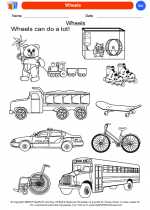Lungs
The lungs are a pair of spongy organs located in the chest and are an essential part of the respiratory system. Their main function is to help us breathe by taking in oxygen from the air and removing carbon dioxide from the body.
Anatomy of the Lungs
The lungs are divided into sections called lobes – the right lung has three lobes, while the left lung has two. They are enclosed in a membrane called the pleura, which helps protect and cushion the lungs.
How Lungs Work
When we inhale, the diaphragm and intercostal muscles contract, causing the chest cavity to expand. This expansion creates a negative pressure, pulling air into the lungs. Oxygen from the inhaled air passes into the bloodstream through tiny air sacs called alveoli, while carbon dioxide moves from the blood into the alveoli to be exhaled.
Common Lung Conditions
There are several common lung conditions, including asthma, pneumonia, chronic obstructive pulmonary disease (COPD), and lung cancer. These conditions can affect the function of the lungs and may require medical treatment.
Study Guide
- What is the main function of the lungs?
- How many lobes does the right lung have?
- Describe the role of the diaphragm in the breathing process.
- List some common lung conditions and their effects on lung function.
◂Science Worksheets and Study Guides Kindergarten. Pushing, Moving, Pulling
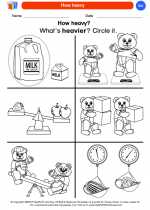
 Coloring Worksheet
Coloring Worksheet
 Coloring Worksheet
Coloring Worksheet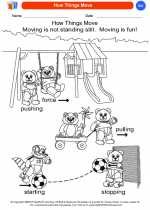
 Coloring Worksheet
Coloring Worksheet
 Coloring Worksheet
Coloring Worksheet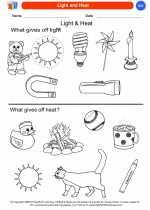
 Coloring Worksheet
Coloring Worksheet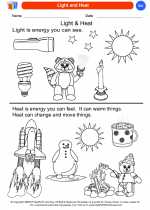
 Coloring Worksheet
Coloring Worksheet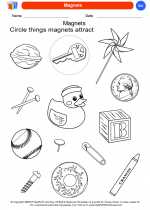
 Coloring Worksheet
Coloring Worksheet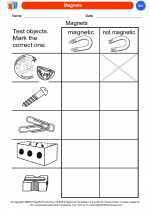
 Coloring Worksheet
Coloring Worksheet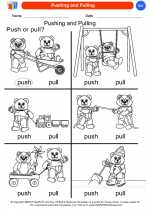
 Coloring Worksheet
Coloring Worksheet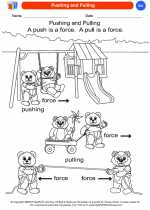
 Coloring Worksheet
Coloring Worksheet
 Coloring Worksheet
Coloring Worksheet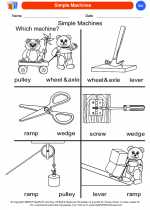
 Coloring Worksheet
Coloring Worksheet
 Coloring Worksheet
Coloring Worksheet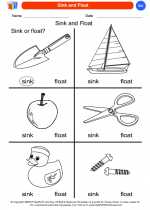
 Coloring Worksheet
Coloring Worksheet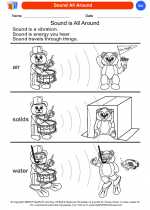
 Coloring Worksheet
Coloring Worksheet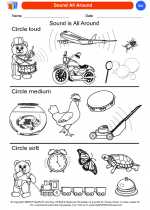
 Coloring Worksheet
Coloring Worksheet
 Coloring Worksheet
Coloring Worksheet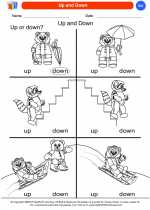
 Coloring Worksheet
Coloring Worksheet
 Coloring Worksheet
Coloring Worksheet